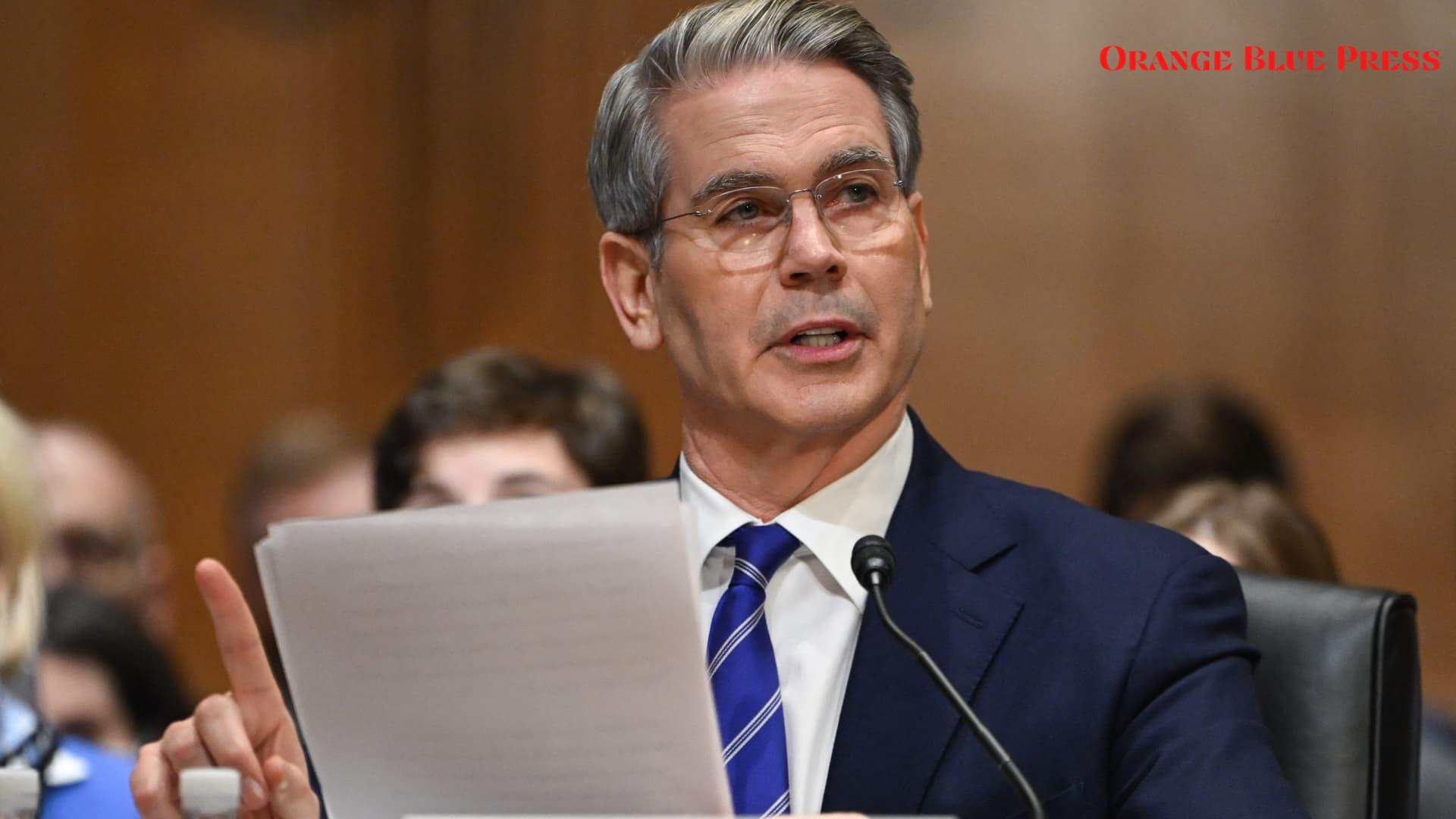The United States is facing a serious financial challenge, and the spotlight is on Scott Bessent, who’s been chosen for a key Treasury role. Recently, he sat in front of a Senate committee where he discussed the country’s troubling spending habits. With the deficit soaring to an unbelievable $710.9 billion just in the first few months of fiscal year 2025, Bessent painted a worrying picture of how this huge gap between income and expenses is impacting the nation’s economy.
Understanding the Deficit
During the confirmation hearing, Bessent highlighted that the issue isn’t about how much money the government collects, but rather what it spends. He pointed out that the rising costs of borrowing money, along with an increase in spending and a decrease in tax revenues, have all contributed to this alarming rise in the deficit. This means that the government is taking on more debt than ever before, leading to serious questions about how it will manage its finances going forward.
Unprecedented Spending in Uncertain Times
Bessent shared that this surge in the deficit is not typical outside of events like wars and economic downturns. He mentioned that the government’s practice of borrowing money to solve old problems is making it harder to deal with new ones. It’s a bit like if someone kept borrowing money to pay off their old debts but never found a way to earn enough to cover new expenses; it just keeps piling up!
The Debt Ceiling Debate
Another hot topic during the Senate hearings was the idea of eliminating the debt ceiling, which is a limit on how much money the government can borrow. Bessent was asked whether he would support getting rid of this limit. Senator Elizabeth Warren and even former President Donald Trump have spoken in favor of eliminating it, saying it could help prevent economic chaos. Bessent, however, took a cautious approach and did not make any firm commitments, which leaves many wondering where he really stands.
Why It Matters to Everyone
The decisions made by Bessent and other leaders could affect many aspects of everyday life. If the government continues to spend more than it brings in, it could lead to higher taxes or cuts to important services, like schools or health care. Understanding these challenges is essential for everyone, especially since we all play a part in the economy, whether by paying taxes, spending money, or even just being part of our communities.
A Glimpse at the Future
As Bessent undergoes his confirmation process, many eyes will be watching to see how he and the Senate address these critical issues. With a growing national deficit and an ongoing debate about government spending and its limits, it’s clear that the way forward won’t be easy. Everyone has a stake in this discussion, and how it unfolds could shape the financial landscape of the nation for years to come.
Table: Overview of the US Deficit
| Fiscal Year | Deficit Amount (in billions) | Year-on-Year Change |
|---|---|---|
| 2024 | $510.9 | – |
| 2025 (3 months) | $710.9 | 39.4% Increase |
This table helps show just how quickly the deficit has changed, highlighting the increasing financial challenges the country faces.




















